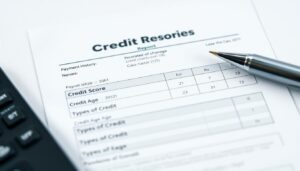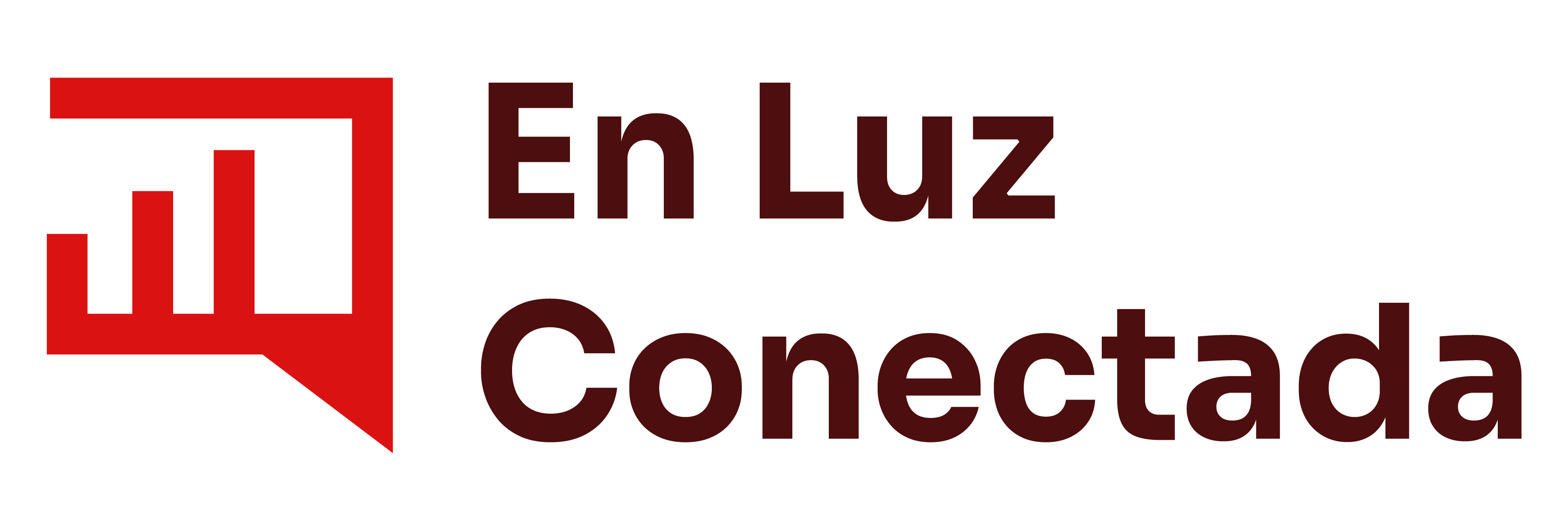Ever thought if you’re making the best choice with your mortgage? Choosing between a fixed rate and a variable rate mortgage can greatly affect your finances. In Canada, it’s key for homebuyers to know the differences between these mortgages.
Each mortgage has its own benefits and drawbacks. To make the right choice, you need to think about your financial situation and future plans.
This article will help you understand which mortgage might be best for you. Are you looking for stability with a fixed rate, or do you want to save money with a variable rate? Let’s dive into these options.
Understanding Fixed Rate Mortgages
A fixed rate mortgage gives borrowers stable interest rates for the whole loan term. This makes budgeting easier, as payments won’t surprise you. Many homeowners prefer fixed rates because their payments stay the same, no matter the market.
Fixed rate mortgages last from one to ten years. They’re great for those wanting long-term security. When interest rates go up, fixed rates help keep payments steady. This protects homeowners from sudden financial stress.
Initial rates are influenced by market trends. It’s important to know about early repayment penalties for fixed mortgages. This knowledge helps homebuyers make choices that fit their financial plans.
Exploring Variable Rate Mortgages
A variable rate mortgage’s interest rate changes with the market. This means the rate can go up or down over time. It often starts with a lower rate than fixed mortgages, which can save money in the beginning.
These mortgages can adjust rates monthly or every six months. This can make payments go up or down. It’s important to think about how this might affect your budget over time.
Lenders also set caps or floors on these rates. A cap limits how high the rate can go, offering some protection. A floor ensures the rate won’t go too low, which might limit savings. Knowing these details helps borrowers understand the risks and benefits of variable rate mortgages.
Key Differences Between Fixed and Variable Rates
Fixed and variable rate mortgages differ mainly in interest rate stability. Fixed rates stay the same, leading to predictable payments. This stability is especially valuable in uncertain economic times. In contrast, variable rates can change, offering lower payments at first but with future financial risks.
Fixed rates help with budgeting, while variable rates might save money when rates drop. Changes in inflation and Bank of Canada decisions can affect variable rates. This can alter the total cost of borrowing over time.
Looking at history, fixed rates offer peace of mind, but variable rates can be cheaper when rates fall. Knowing these differences helps homeowners make better financial choices and manage their housing costs.
When to Choose a Fixed Rate Mortgage
A fixed rate mortgage brings stability and predictability. It’s a great choice when market rates are expected to go up. By locking in a fixed interest rate, homeowners can avoid future rate hikes. This ensures their monthly payments stay affordable for the loan’s duration.
Those planning to stay in their homes long-term will find fixed rate mortgages beneficial. They offer budget certainty, which is key for families and individuals. This certainty helps in planning finances without the worry of rate changes.
Looking at history, fixed rate mortgages are often preferred, especially in uncertain times. Many choose them for their stability and low risk. This shows fixed mortgages remain popular for keeping financial commitments under control.
When to Opt for a Variable Rate Mortgage
A variable rate mortgage can be a good choice for those looking for lower initial rates. It often starts with a lower rate than fixed rates. This makes it more affordable at the beginning.
For people who plan to stay in their home for a short time, it might be worth it. The savings could be more than the risks of changing interest rates. Knowing the differences between fixed and variable rates helps make better choices.
Also, if you think your situation might get better, like getting a raise or changing your lifestyle, a variable rate could be better. As rates change, you might save a lot of money. Keeping an eye on interest rates is key to deciding if this mortgage is right for you.
Hybrid Mortgages: A Middle Ground
Hybrid mortgages mix fixed and variable rates. They let you lock in a part at a fixed rate and another part floats with the market. This gives you a chance to balance risk and stability.
People often want to avoid big changes in interest rates. Hybrid mortgages can help by reducing risks from variable rates. They also offer a chance to save money with the variable part.
Hybrid mortgages are great for those in uncertain times or with changing job security. They can be tailored to fit your financial needs. This way, you get protection from rate hikes and chances for lower payments.
Making the Right Choice for Your Roof Overhead
Choosing between fixed and variable rate mortgages is a big decision. It depends on your personal financial situation. A fixed rate mortgage means your payments stay the same, making budgeting easier.
But, a variable rate mortgage might start with lower rates. This can be good if interest rates are falling. Yet, if rates go up, your payments could too.
How comfortable you are with risk matters a lot. If you like knowing what to expect, a fixed rate might be better. But, if you’re okay with some changes, a variable rate could work for you.
It’s key to think about how you’ll handle changes in your payments. This will help you decide what’s best for you.
The state of the market also affects your choice. What’s good today might not be tomorrow. Getting advice from a pro can help you make a choice that fits your needs and the current market.
By choosing wisely, you can make sure your mortgage supports your financial goals. This will help you enjoy your home more.





